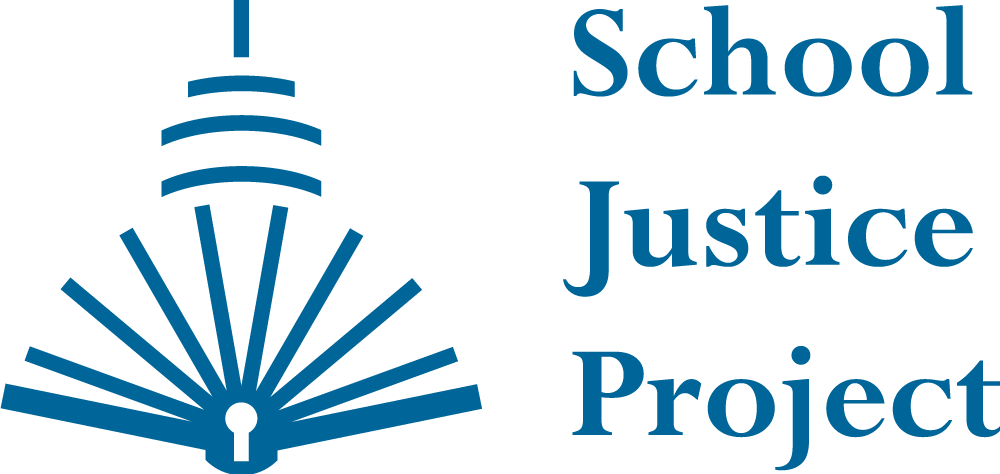Students Involved in DC’s Juvenile and Criminal Legal Systems: The “Credits Issue”
Court-involved students often do not receive academic credit for the work they complete while inside or when transitioning between facilities. Similarly, due to interagency gaps in policy and procedure, students are unable to complete the courses they need to receive the requisite credits to make progress towards graduation. Finally, students’ records are delayed or lost, resulting in students being placed in courses they have already taken or courses that do not enable them to make progress towards a diploma.
-
Over our years of working with court-involved students with disabilities, we have noticed that most, if not all, of our clients have struggled with the credits issue. We have countless clients who experience their work not counting for credits, being re-enrolled in classes they have already taken and passed, being placed in courses that do not count towards a high school graduation, and their credits not being accepted by subsequent school programs. Understandably, many students affected by this issue become disengaged because they know that the work they have completed may not count towards graduation at their next educational placement. For many of our clients, this has culminated in an extremely difficult path to graduation—if one exists at all—or, at the very least, a significantly slower path to graduation than can reasonably be expected.
PROBLEMS:
Partial Credits: Students often earn partial credits during times in secure placements, yet DCPS and charter schools do not accept partial credits when the student returns home. The student must then retake an entire class (or multiple classes where they have earned up to .75 credits) upon returning to the community.
Students academic records are delayed or lost as they transition between placements or back to the community. This leads to improper course placement and inability to accrue credits.
Lack of access to classes needed for high school graduation: Often, students who are detained and incarcerated are placed in courses that 1) do not count towards a District of Columbia Public School (DCPS) high school diploma, 2) they have already taken and passed, or 3) only count as electives when they already have the ones needed for DC graduation requirements.
POTENTIAL SOLUTIONS:
Legislative Fix: Law that facilitates educational continuity and requires DC education agencies to accept all credits students earn while attending schools during periods of incarceration and detention. In fall 2025, Councilmember Parker, Chair of the Committee on Youth Affairs, introduced a bill to address the credits issue. More information.
Policy Changes: Change in DCPS and charter school policy to ensure that schools are counting partial credits, transferring school records in a timely way, and placing students in courses that count towards graduation.
Cross-Agency Collaboration: SJP successfully advocated for the introduction and passage of the Students in the Care of DC Coordinating Committee Act of 2018. This created a DME-based office designed to improve the educational outcomes for students in the care of DC (under age 25) by fostering collaboration among agencies responsible for their education and well-being. The Coordinating Committee itself includes representatives from all the relevant DC and federal agencies as well as some individuals appointed who work at local organizations or have been directly affected by these issues. SJP’s Executive Director Claire Blumenson is one of the appointed members of this committee. Through both subcommittee topical meetings and quarterly member meetings, the Committee aims to address critical issues surrounding education access and opportunity for students in the care of DC. For more information on SCDC’s Coordinating Committee, visit: https://dme.dc.gov/page/office-students-care-dc-scdc.
Enforcement of Current Interagency Agreements: There are currently interagency MOAs governing education for students in the juvenile justice system and students at the DC jail. Unfortunately, these are rarely enforced. The MOAs are available at: https://osse.dc.gov/page/education-juvenile-and-adult-justice-systems.
Court-involved young people have histories of multiple education placements, marked by significant disruptions to education continuity. When these young people turn 18, they often find themselves with a smattering of random credits, from various schools or facilities, yet without a clear path to graduation.
-
-
SJP has worked in coalitions, through cross-agency collaborations and with DC City Council to draft potential legislation to remediate the credits issue.
2025 draft bill: https://lims.dccouncil.gov/Legislation/B26-0403
2020 draft bill: https://lims.dccouncil.gov/Legislation/B23-0921

